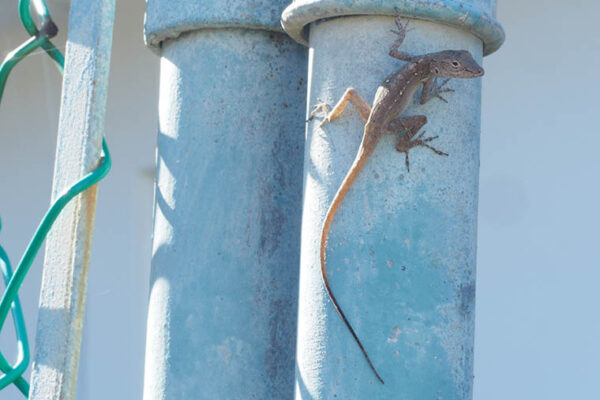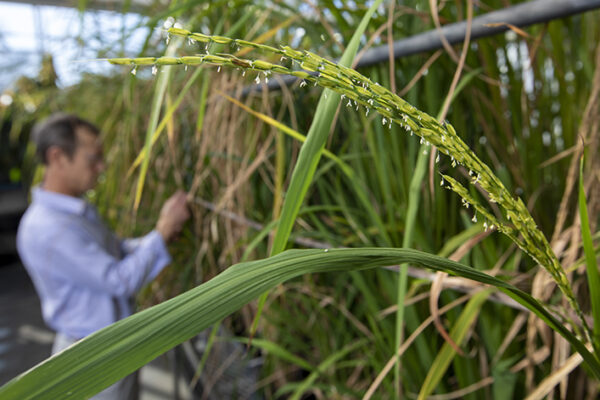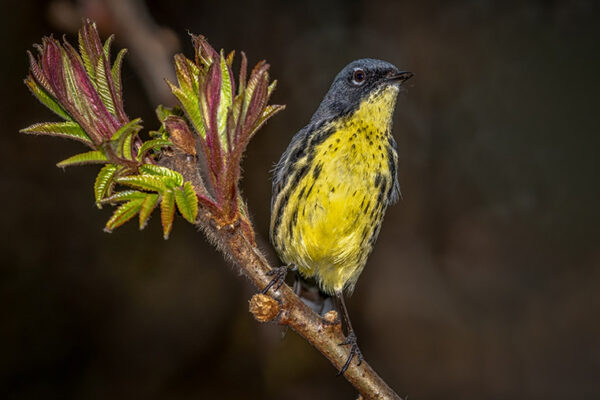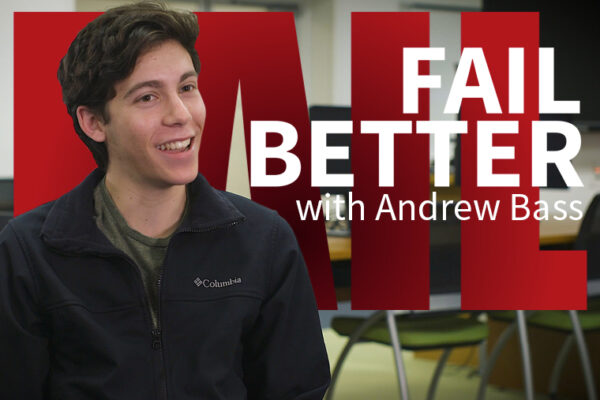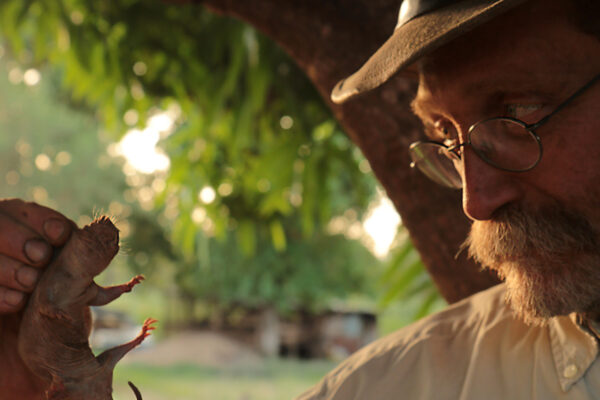Hot time in the city: Urban lizards evolve heat tolerance
Faced with a gritty landscape of metal fences, concrete walls and asphalt pavement, lizards that moved into cities in Puerto Rico rapidly and repeatedly evolved better tolerance for heat than their forest counterparts, according to new research from Washington University in St. Louis and the University of California, Los Angeles.
Rice, know thy enemy: NSF grants $2.6M to study weedy invader
Weedy rice — or rice gone rogue — costs U.S. farmers more than $45 million annually. A team led by Washington University in St. Louis will characterize the genetic basis and origins of the traits that allow weedy rice to invade rice fields, reduce yields and contaminate harvests.
Birds of a feather better not together
Diversity plays a key role in maintaining the stability of plant and animal life in an area. But it’s difficult to scale up smaller experiments to understand how changes will impact larger ecosystems. A new study of North American birds from biologists in Arts & Sciences reveals the importance of both total numbers and variation in species identities.
Fail Better with Andrew Bass
Develop an open-source nuclear detection system. That was the charge from the U.S. Department of Defense to members of its new internship program, the X-Force Fellowship. Washington University in St. Louis sophomore Andrew Bass had been selected to serve in the pilot cohort and arrived at Cape Canaveral in Florida convinced he would fail.
Washington University ranks fifth in national sustainability
Washington University in St. Lous recently ranked among the top five green universities nationwide, according to the UI Green Metric.
‘Surfing attack’ hacks Siri, Google with ultrasonic waves
Using ultrasound waves propagating through a solid surface, researchers at Washington University in St. Louis were able to read text messages and make fraudulent calls on a cellphone sitting on a desk up to 30 feet away.
Tracking the migration of a naked mole rat
Stan Braude, a biologist in Arts & Sciences, published a new study in the African Journal of Ecology that considers the role of the moon in driving a particularly rare occurrence: the solo journey of a naked mole rat from one underground colony to start a new one.
WashU Expert: Ingredients for a virus to become a pandemic
In this video, Washington University in St. Louis’ Michael Vahey discusses what it takes for a virus such as the coronavirus to reach pandemic status.
East End Transformation lands cover of Architect magazine
Washington University in St. Louis’ East End Transformation, the iconic redesign of the eastern end of the Danforth Campus, is on the cover of February’s Architect magazine.
Walking the wire: Real-time imaging helps reveal active sites of photocatalysts
Nanoscale photocatalysts are small, man-made particles that harvest energy from sunlight to produce liquid fuels and other useful chemicals. A new imaging solution developed at Washington University in St. Louis reveals the significance of a particular structural feature — clusters of oxygen vacancies — in achieving high photocatalytic activity.
Older Stories
